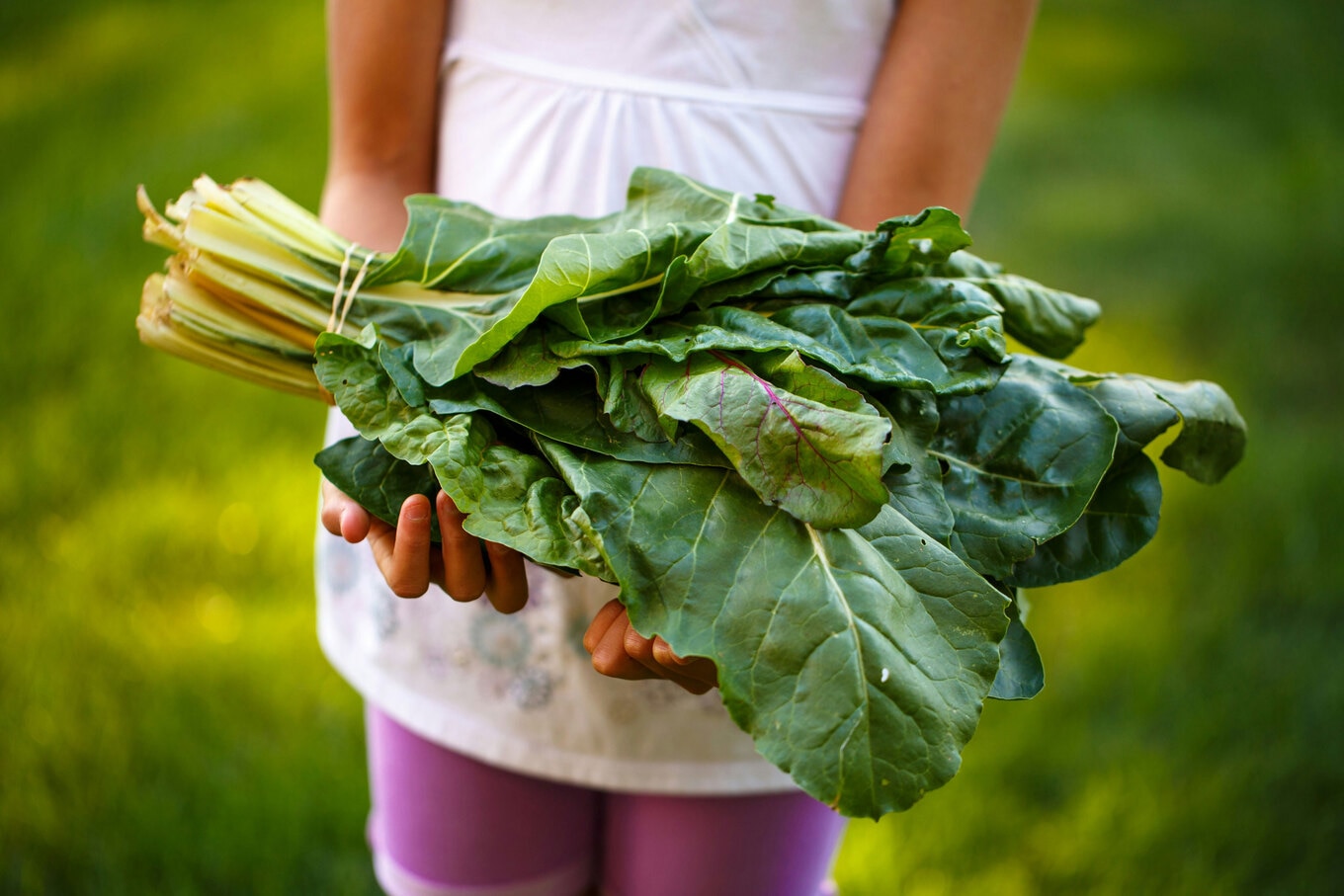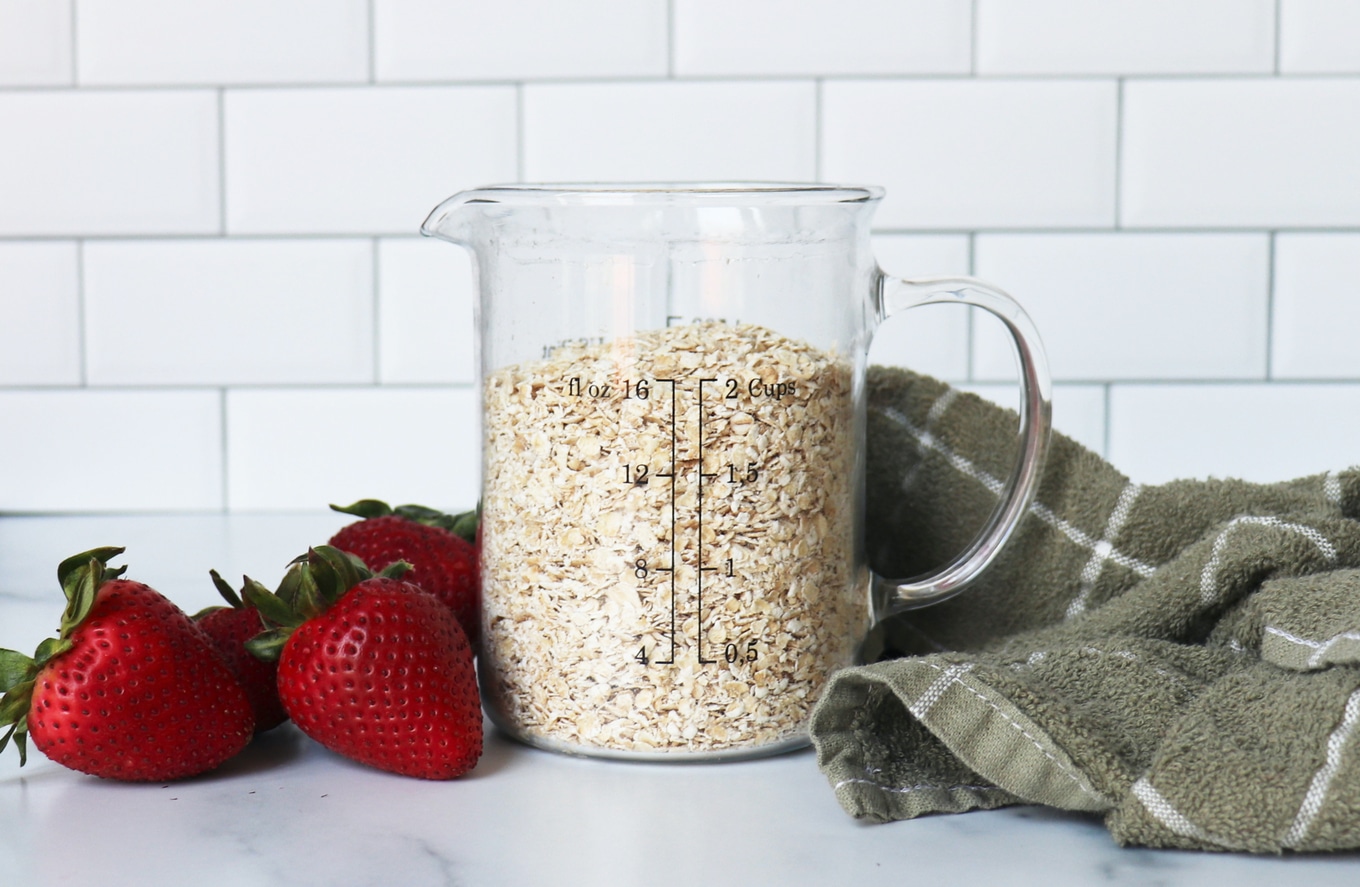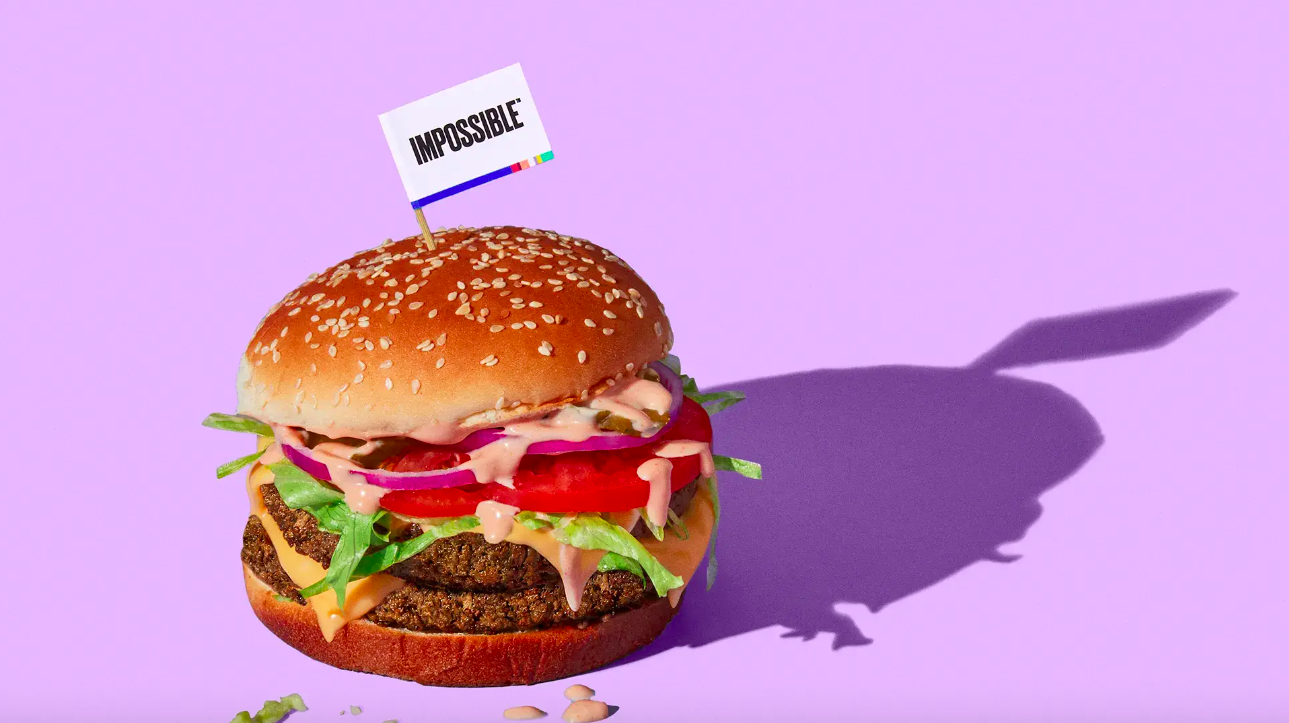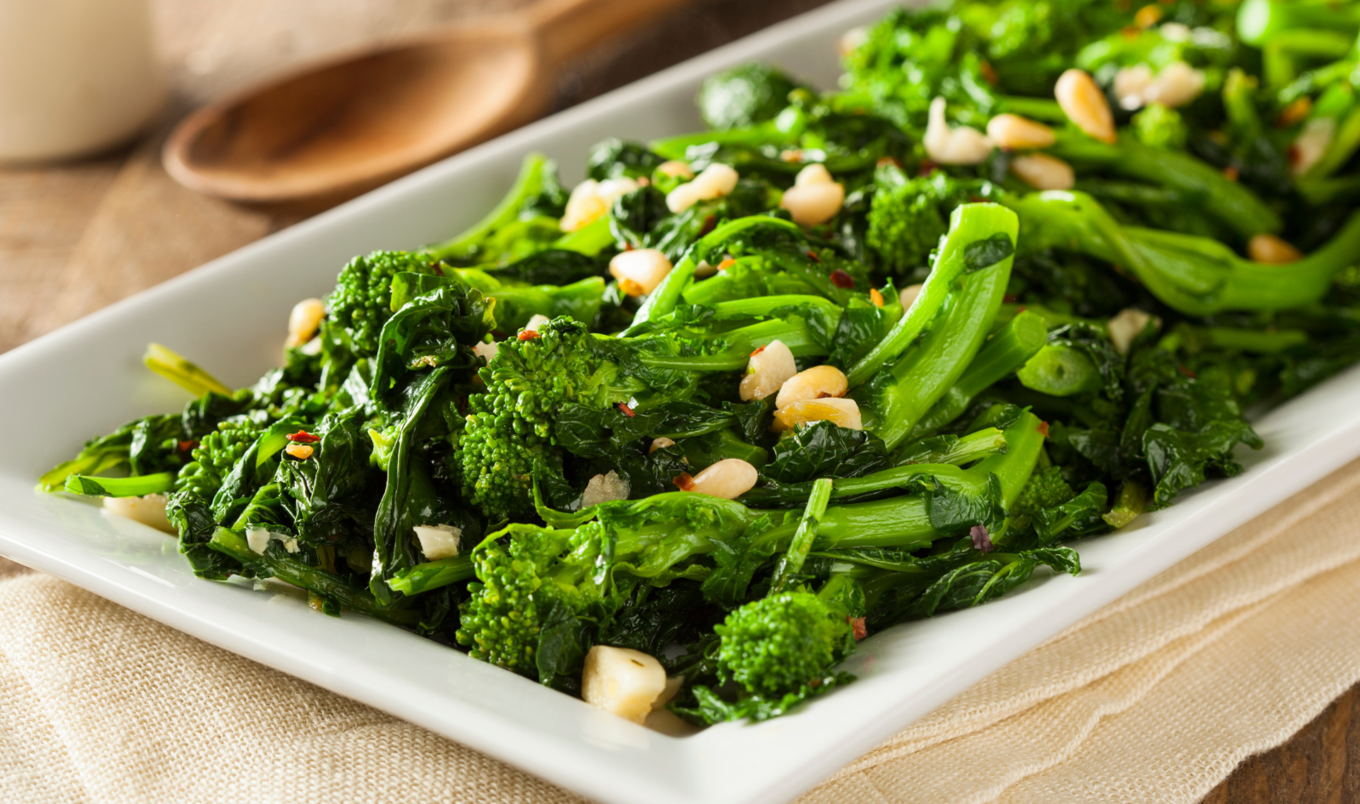While it may be hard to get kids to eat their vegetables, research continues to show that starting them early on the green stuff is essential to their health.
Ultra-processed foods (UPFs) constitute a significant portion of daily calorie intake, particularly in high-income countries. A recent study published in The British Medical Journal (BMJ) underscores the dire consequences of consuming UPFs, linking them to 32 adverse health outcomes including cancer, cardiovascular diseases, and mental health disorders.
Alena Shekhovtcova/Pexels
What are these damaging foods? They include instant noodles, chips, soda, and other packaged foods that the study says are “chemically modified substances extracted from foods, along with additives to enhance taste, texture, appearance, and durability, with minimal to no inclusion of whole foods.”
Table of Contents
Ultra-processed foods wreck childhood health
The BMJ study revealed the stark reality of ultra-processed food consumption and its correlation with significant health risks. These foods, characterized by high levels of chemical modifications and additives, contribute to 58 percent of the daily calorie intake in countries like the United States.
Their consumption is linked to a 50-percent increased risk of cardiovascular disease-related death. It is associated with a host of other health issues including cancer, gastrointestinal and respiratory disorders, depression, anxiety, and early death.
 Anna Shvets/Pexels
Anna Shvets/Pexels
Ultra-processed foods’ high sugar, fat, and salt content, coupled with low essential nutrient levels, have profound implications for health. The BMJ study found that high consumption of these foods correlates with a 50 percent higher risk of cardiovascular disease-related death, up to a 53-percent increased risk of anxiety and mental health conditions, and a 12-percent greater risk of type 2 diabetes.
“The shift from unprocessed and minimally processed foods to ultra-processed foods and their subsequent increasing contribution to global dietary patterns in recent years have been attributed to key drivers including behavioral mechanisms, food environments, and commercial influences on food choices,” the study authors noted.
“These factors, combined with the specific features of ultra-processed foods, raise concerns about overall diet quality and the health of populations more broadly,” the study authors stated.
These alarming statistics underline the urgent need for dietary shifts away from ultra-processed foods towards more whole, nutrient-dense alternatives, particularly for young children whose minds and bodies need nutrients for proper growth and development.
Partnership for a Healthier America’s veggie-forward initiative
While UPFs are cheap and easy to find, access to whole, plant-based foods continues to be an obstacle for many.
Recognizing the critical need for change, Partnership for a Healthier America (PHA) has launched the “Veggies Early and Often” campaign, partnering with leading baby and toddler food brands such as Happy Family Organics, Serenity Kids, Lil’ Gourmets, Nurture Life, Square Baby, Yumi, Tiny Organics, and Small Bites Adventure Club.
 Johnny McClung/Unsplash
Johnny McClung/Unsplash
These partners have committed to adding one million servings of vegetables through veggie-forward products in 2024, aiming to reshape the baby and toddler food industry with healthier, nutritious choices.
“We are so passionate about the work that PHA is spearheading on Veggies Early and Often,” Shibani Baluja, Founder of Lil’ Gourmets, said in a statement. Baluja’s personal experience as a parent struggling to find convenient, vegetable-rich products for her children was a key motivator in her company’s involvement.
“As a mom, I saw how hard it was to find convenient veggie-rich products for my kids and saw how many parents were having that same struggle,” Baluja said.
Products and menu options certified by the “Veggies Early and Often” initiative are composed of at least 50-percent vegetables and are free from additives. Presently, more than 150 offerings across seven distinct brands have achieved this standard, aligning with the dietary recommendations outlined in the 2020 Dietary Guidelines for Americans.
Nutritionists and influencers such as Marina Chapparo, Amy Palanjian, Alicia “Chacha” Miller, and Dani Lebovitz also support the campaign, offering tips and insights to encourage vegetable inclusion in young children’s diets.
The collaboration between PHA and food companies represents a critical step towards addressing the pervasive issue of unhealthy dietary habits among young children.
 Caleb Oquendo/Pexels
Caleb Oquendo/Pexels
A recent survey conducted by PHA and its partners found that 94 percent of parents consider it highly important to raise an adventurous eater who enjoys vegetables, and 99 percent look to food companies to support their efforts in fostering healthy eating habits.
“Babies need a balanced diet with protein, fats, and carbs for their growing bodies and brains, and Serenity Kids is on a critical mission to revolutionize children’s nutrition,” Serenity Carr, Serenity Kids Co-Founder & CEO, said in a statement.
The initiative not only aims to provide healthier food options but also to educate parents and caregivers on the importance of introducing vegetables early in a child’s diet to foster a lifetime of healthy eating habits.
Are plant-based UPFs healthier?
The BMJ study is part of an ongoing conversation around UPFs and how they affect human health. However, not all UPFs are created equal.
Recent USDA-led research suggests that diets predominantly composed of plant-based UPFs—such as instant oatmeal, canned beans, and dried fruit—can be healthy.
 No Revisions/Unsplash
No Revisions/Unsplash
Employing the NOVA scale—a tool for classifying foods based on the degree of processing they undergo—the team crafted a diet that remarkably achieved an 86 out of 100 on the 2015 Healthy Eating Index.
This study focused on incorporating items labeled as ultra-processed by at least two evaluators into a weekly 2,000-calorie meal plan that still meets the dietary guidelines.
“The study is a proof-of-concept that shows a more balanced view of healthy eating patterns, where using ultra-processed foods can be an option,” Julie Hess, the study’s lead Research Nutritionist, said in a statement.
Although the study opens up new dietary possibilities, the researchers stress the need for further exploration into UPFs. Given existing studies, such as the one published by The BMJ, linking such foods to negative health outcomes, the aim is to conduct more in-depth research to fully understand these relationships.
Despite this, the discussion around the health implications of ultra-processed animal products remains pertinent. With processed meats identified as carcinogens by the WHO and associated studies indicating a heightened risk of colorectal cancer from high consumption of ultra-processed animal products, the caution against these foods remains clear.







.jpg?sha=1491c255b49d3e03)